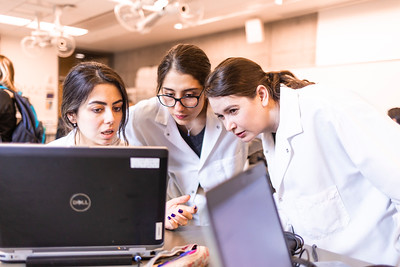This is unpublished
Physician & Research Faculty Profiles
Notable Faculty achievements
- Faculty have been elected by their peers to lead the American Society for Clinical Oncology, the American Society of Hematology, the American Association for Cancer Research, the American Society for Transplantation and Cellular Therapy, the World Marrow Donor Association, the American Society for Blood and Marrow Transplantation, and the National Cancer Institute’s Leukemia and Lymphoma Steering Committees.
- Many faculty members have been chosen to determine standardized cancer care guidelines through the National Comprehensive Cancer Network.
- Faculty have been editors-in-chief of major textbooks and professional journals.
- Faculty published more than 400 peer-reviewed journal articles in 2019.
- Our faculty continue to be chosen by their peers for Seattle Magazine’s Best Doctors list. In 2022 twelve faculty members were honored.
- Sixteen faculty members hold endowed chairs.
- Our division was founded by Dr. E. Donnall Thomas, who received the Nobel Prize for his work in developing bone marrow transplantation.




